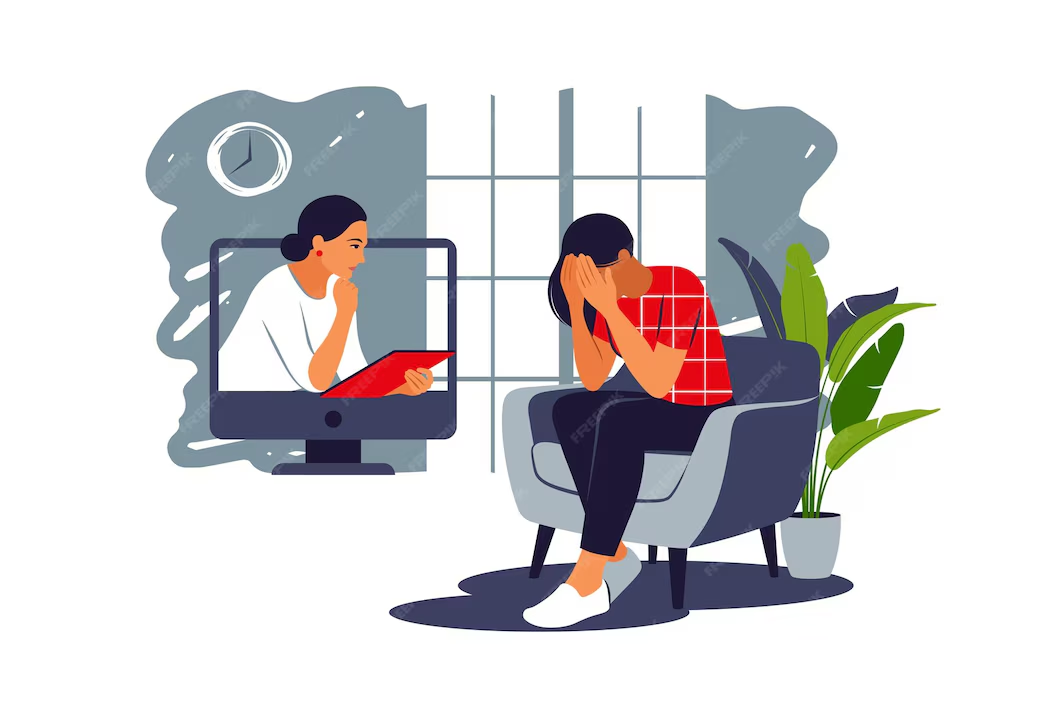Relapse is a common yet difficult part of the addiction recovery process. Understanding what triggers a relapse and how to manage these triggers is necessary for long-term sobriety.
In this guide, we’ll explore basic relapse triggers, their impact on individuals in recovery, and effective strategies to manage them.
WHAT ARE RELAPSE TRIGGERS?
Relapse triggers are internal or external signals that increase the risk of returning to substance use after a period of self-restraint. These triggers can be emotional, environmental, or psychological. Recognizing and addressing these triggers is crucial for preventing relapse and achieving long-term recovery success.
Common Types of Relapse Triggers
Emotional Triggers
Unmanaged emotions like stress, anger, sadness, loneliness, or anxiety are the foremost causes of relapse. These emotions can create a mental state where going back to substance use feels like an escape.
Social Situations and Peer Pressure
Being around people or environments related to past substance use can trigger cravings and lower restraint.
Environmental Cues
Factors such as places, smells, habits, or even particular times of day can bring back strong memories of using the substance.
“Positive” Emotions
In some cases, even positive emotions like excitement or success can lead to relapse when individuals celebrate by returning to old habits.
HOW TO IDENTIFY YOUR PERSONAL TRIGGERS
Understanding your own triggers is crucial. This can be done through:
- Self-reflection, meditating or journaling
- Talking to a therapist or counselor
- Observing and identifying your patterns and cravings
TIPS FOR MANAGING RELAPSE TRIGGERS
Develop a Relapse Prevention Plan
An organized relapse prevention plan includes recognizing high-risk situations and outlining coping mechanisms. This may include preparing what you’ll do or say in triggering situations.
Practice Mindfulness and Stress Management
Mindful techniques such as meditation, praying, deep breathing, and grounding exercises can help regulate emotional triggers before they intensify.
Build a Strong Support System
Connecting with support groups or people in the recovery process provides emotional reinforcement. Having family, friends or groups to talk to during difficult times can prevent unwary decisions.
Engage in Healthy Lifestyle Changes
Make it a routine to regularly exercise, have a healthy, balanced diet, and quality sleep routines that help strengthen mental resilience.
Consider Professional Help
Psychiatrists trained in behavioural therapy and addiction management can provide tailored strategies to help maintain sobriety.
If you’re based in Lahore and need expert guidance, our affordable rehabilitation centre offers personalized recovery plans and therapeutic support for long-term addiction recovery.
THE ROLE OF ONGOING SUPPORT IN RECOVERY
Recovery is an ongoing journey, not an exact destination. Relapse does not mean you have failed, but it can be a challenging setback in the process. With reliable support, education, and a strong network, individuals can bounce back stronger and continue progressing.
Long-Term Coping Mechanisms
- Attend regular therapy or support group sessions
- Keep a daily routine to minimize alone time
- Maintain connections with supportive friends and family
- Set realistic, sober goals for personal growth
- Celebrate milestones – no matter how small
Conclusion
Relapse triggers are unavoidable, but relapse is not. By understanding your personal triggers and using practical coping strategies, you can empower yourself or a loved one to maintain lasting sobriety. Recovery is possible with the right tools, support, and mindset.


